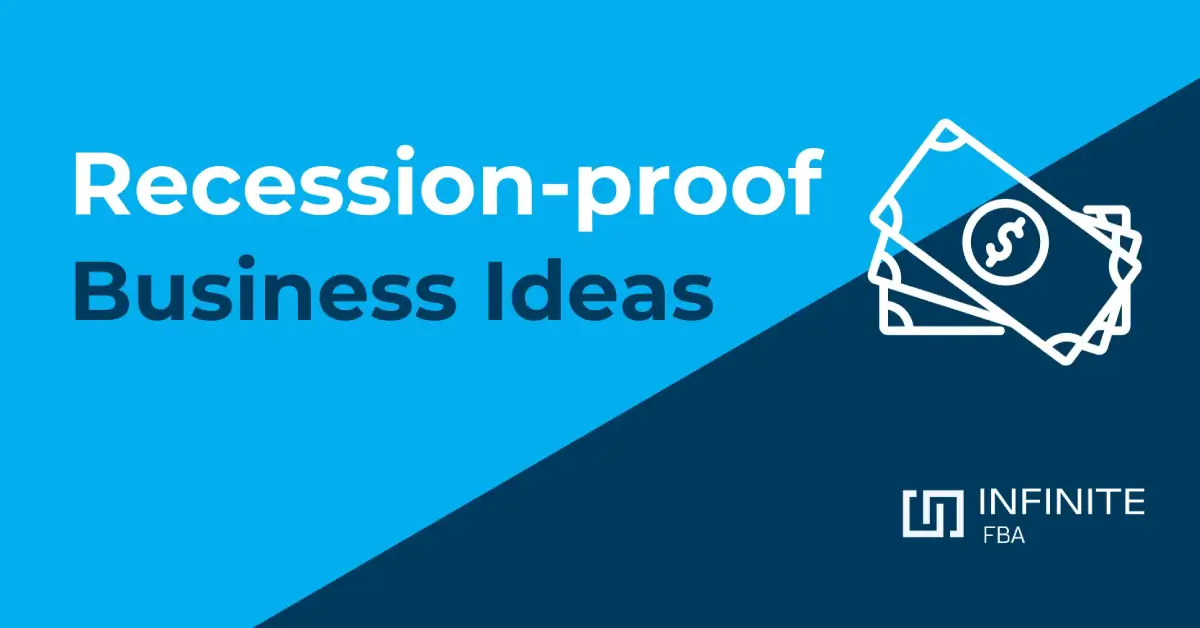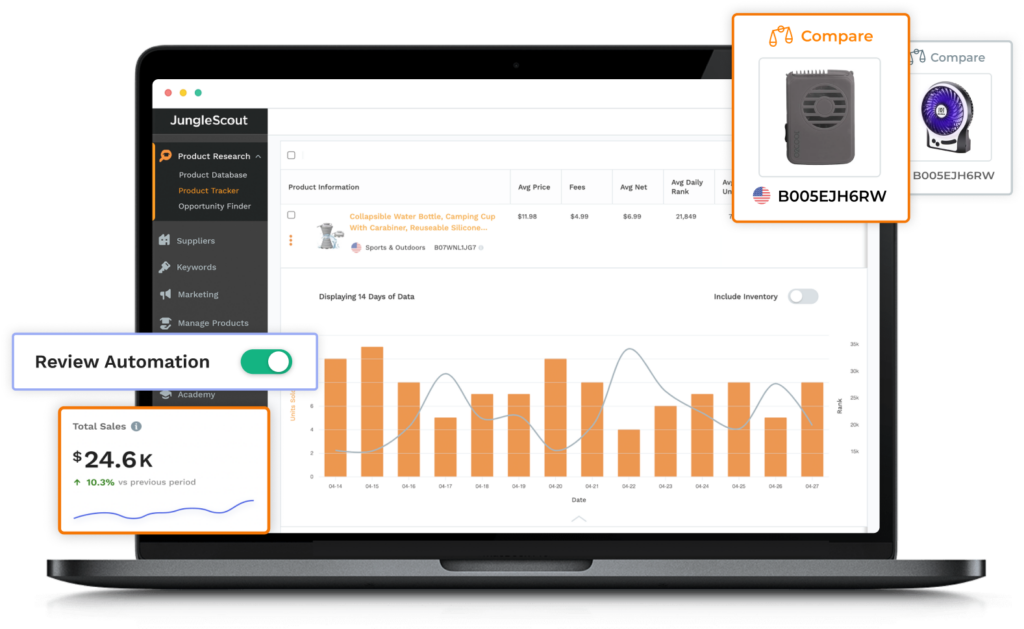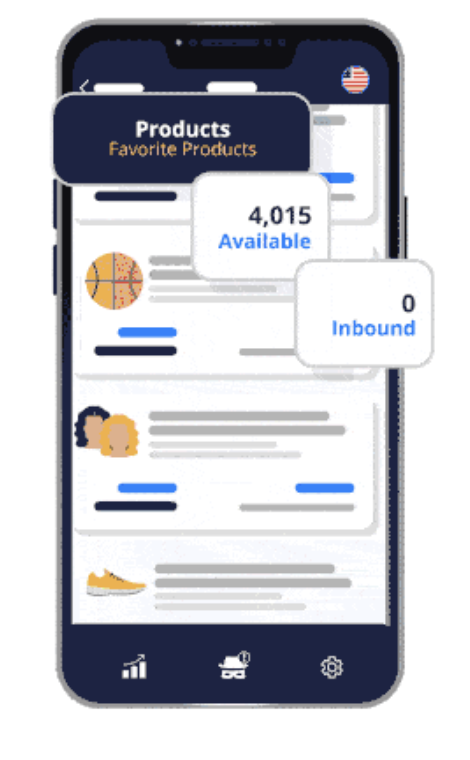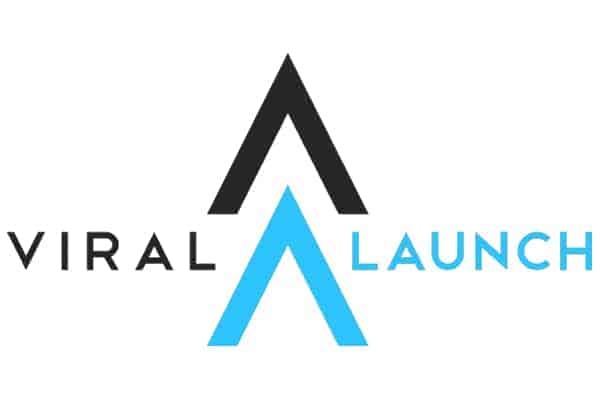As a business owner, it’s important to be prepared for the inevitable: recessions. In fact, the United States has experienced around one recession every three years since the 19th century, with each one lasting at least two months and affecting various aspects of the economy, including GDP, real income, employment, industrial production, and wholesale-retail sales. If you’re not ready for these common events, your business could suffer greatly.
In this article, we’ll explore recession-proof business ideas, categories that consumers are likely to continue spending in, and categories that consumers will likely avoid during a recession. We’ll also discuss how rising inflation has affected consumer spending and what products you should consider selling during a recession to help your customers save money. With this information, you can take steps to recession-proof your business and emerge from economic downturns stronger than ever.
What categories are consumers avoiding during a recession?
During a recession, consumers tend to cut back on their spending in certain product categories. According to Jungle Scout’s Consumer Trends Report, consumers are cutting back on spending in various categories. The top response was fun and impulse purchases, with 50% of respondents saying they planned to cut back in this category. This is not surprising since during a recession, consumers prioritize essential spending over discretionary spending.
Other categories where consumers are cutting back include holiday-related expenses (37%), dining out at restaurants/bars (56%), leisure travel (42%), in-person entertainment (42%), streaming entertainment subscriptions (31%), subscription services (33%), personal care services (36%), clothing/accessories (44%), groceries (35%), and home improvement/decorating (37%).
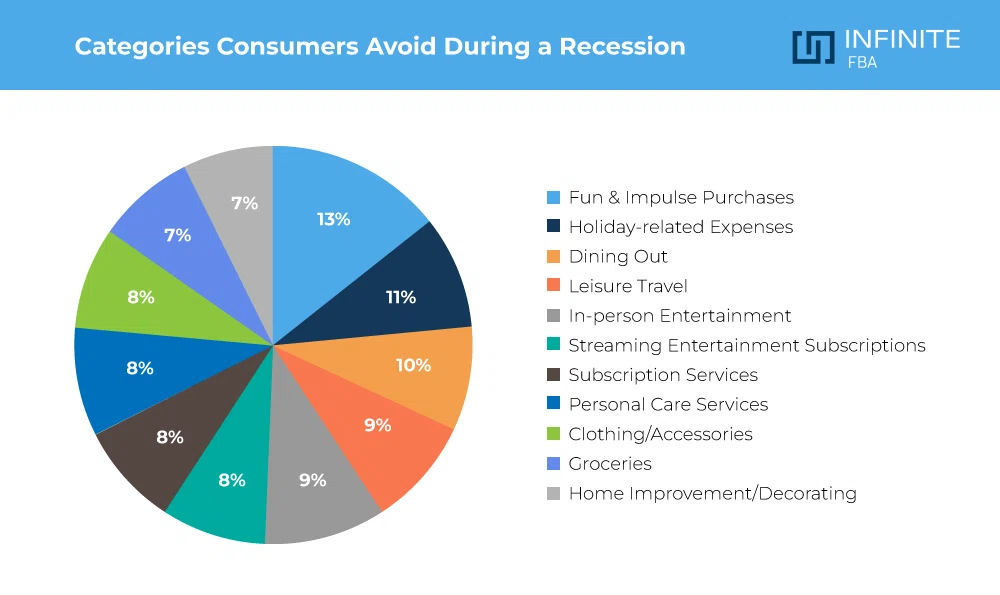
It is important to note that consumers are still spending money on essential items like groceries, but they are avoiding overspending in this category due to the increased costs of nearly every item sold in 2023.
If you are selling products that fall under the fun and impulse purchase category, then it is likely that you will see a dip in your sales during a recession. Therefore, it is important to have a plan in place to adjust your business strategy accordingly.
Overall, during a recession, consumers are cutting back on spending in various categories and prioritizing essential spending over discretionary spending.
What Products Should You Sell During a Recession?
During a recession, consumers tend to cut back on frivolous spending and look for ways to save money on their everyday expenses. As a business owner, it’s important to focus on product categories that are considered necessities rather than impulse purchases. Brands that offer products in demand all year long are the most successful on Amazon, which is still the number one retailer where consumers like to shop, no matter the category, according to Jungle Scout’s 2023 report on in-store and online shopping preferences.
Here are some categories you can focus on to ensure your business still performs well during a recession:
Food and Grocery Items
Food is always in demand, so it’s a good bet for a recession-proof business. While many consumers may cut back spending in this category, they still need to buy groceries. Figure out which products consumers absolutely need to purchase every month. The grocery category works great with the retail arbitrage and wholesale business models of selling on Amazon, as you can resell other popular grocery brands for a profit. A low-cost grocery item when consumers purchase is pasta. Consider offering a multi-pack to get your average order value up and to help consumers save money on a bulk purchase.
Keyword search volume data from Jungle Scout’s Keyword Scout tool shows that the search volume for “pasta” is consistently high with an upward trend.
Personal Care Items
Toothpaste, deodorant, shampoo, and toilet paper are essential for daily life, so they’re always in demand, even during tough economic times. Like the grocery category, personal care items are great to resell if you can find a steady source of inventory. Even launching your own private label product in this category is a great way to have an evergreen product that people need to consistently reorder.
Keyword search volume data from Jungle Scout’s Keyword Scout tool shows that the search volume for “toothpaste” is consistently high with an upward trend.
Household Cleaning Supplies
Household cleaning supplies are essential for daily life, and they’re often overlooked when people are trying to save money. So, if you sell household cleaning supplies, you’re less likely to be affected by a recession. People need to keep their homes clean, so this is another great category to jump into. No matter the business model you follow, household cleaning supplies will always be in demand.
Pet Care Products
Pets are a part of the family for many people, so they’ll continue to spend money on pet care products even during a recession. This is a good niche to target if you’re looking for a recession-proof business. Pet supplies were one of the top “non-essential” purchases consumers would not consider cutting back on, even in a recession. People love their pets and will continue to look for great products to spoil and care for them.
Clothing
Clothing is another essential item that people will continue to buy, even during a recession. However, you may want to focus on selling more basic, affordable clothing during this time. This was another category that many consumers would not cut back on even in a recession. Think basic necessities such as plain t-shirts, socks, underwear, shoes, and so on.
Baby Products
Babies are expensive, so parents will be looking for ways to save money on baby products during a recession. This is a good opportunity to sell high-quality, affordable baby products.
Entertainment Products
People still need to be entertained, even during a recession. So, selling entertainment products like DVDs, books, puzzles, board games, and video games can be a good way to weather the storm. A great way to get started selling products on Amazon is by selling used books – a practice done by both beginner and experienced sellers. Find used books at thrift stores or book sales and resell them on Amazon.
Home Improvement Products
People may be looking to make their homes more energy-efficient or comfortable during a recession. So, selling home improvement products can be a good way to tap into this demand. Our recent report on in-store and online shopping trends revealed that consumers consistently turned to home improvement stores such as Home Depot and Lowes over the past two years, demonstrating the consistent demand for home improvement products despite other economic conditions.
Related Posts:
How to Recession-Proof Your Business
Diversification, cash flow management, and brand building are three ways to recession-proof your business. To weather tough economic storms, consider diversifying your selection with more fundamental goods related to your non-essentials. Keep track of your spending by paying close attention to your business’ cash flow as well as the inventory you have on hand. Having your funds tied up in products can limit your flexibility during a downturn. Finally, use a downturn to build your brand, even if you’re not making sales. Focus on building your social media channels and mailing lists.
Related Posts:
Start Recession-Proofing Now!
The end of a recession is often unpredictable, so it’s best to start preparing your business for a downturn as soon as possible. Whether you have the time and money to expand your product line or just the time to build your social media audience, taking action now can help you create a recession-proof business. Jungle Scout can help you find those recession-proof products, so start exploring your options today.
Related Posts:
Recommended Post
Looking for some valuable insight into how to succeed in e-commerce and selling on Amazon? Check out this post by Brian Connolly, an experienced writer and entrepreneur with over 6 years of experience in the industry. With his expertise, you can gain the knowledge and skills you need to thrive in the world of online selling.

